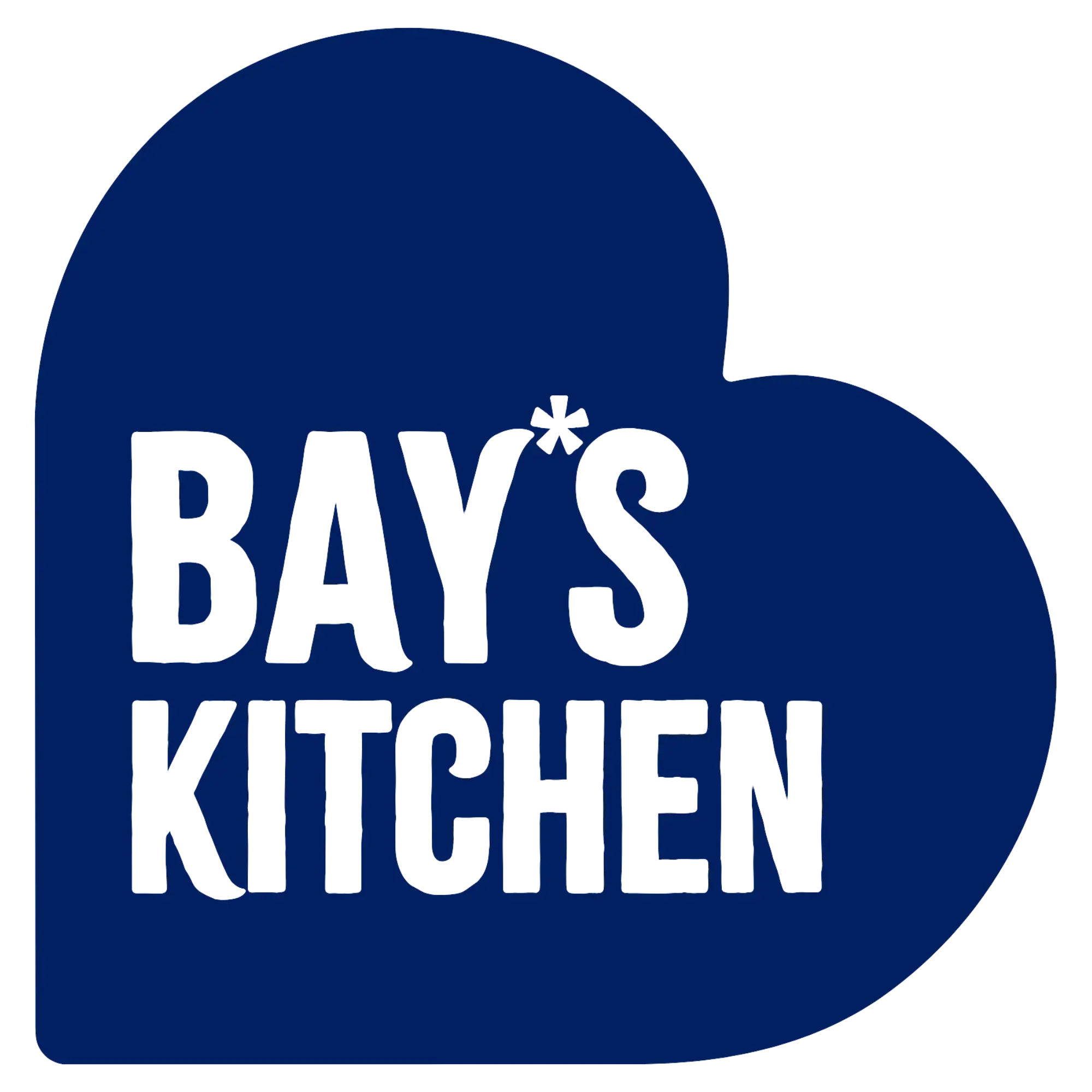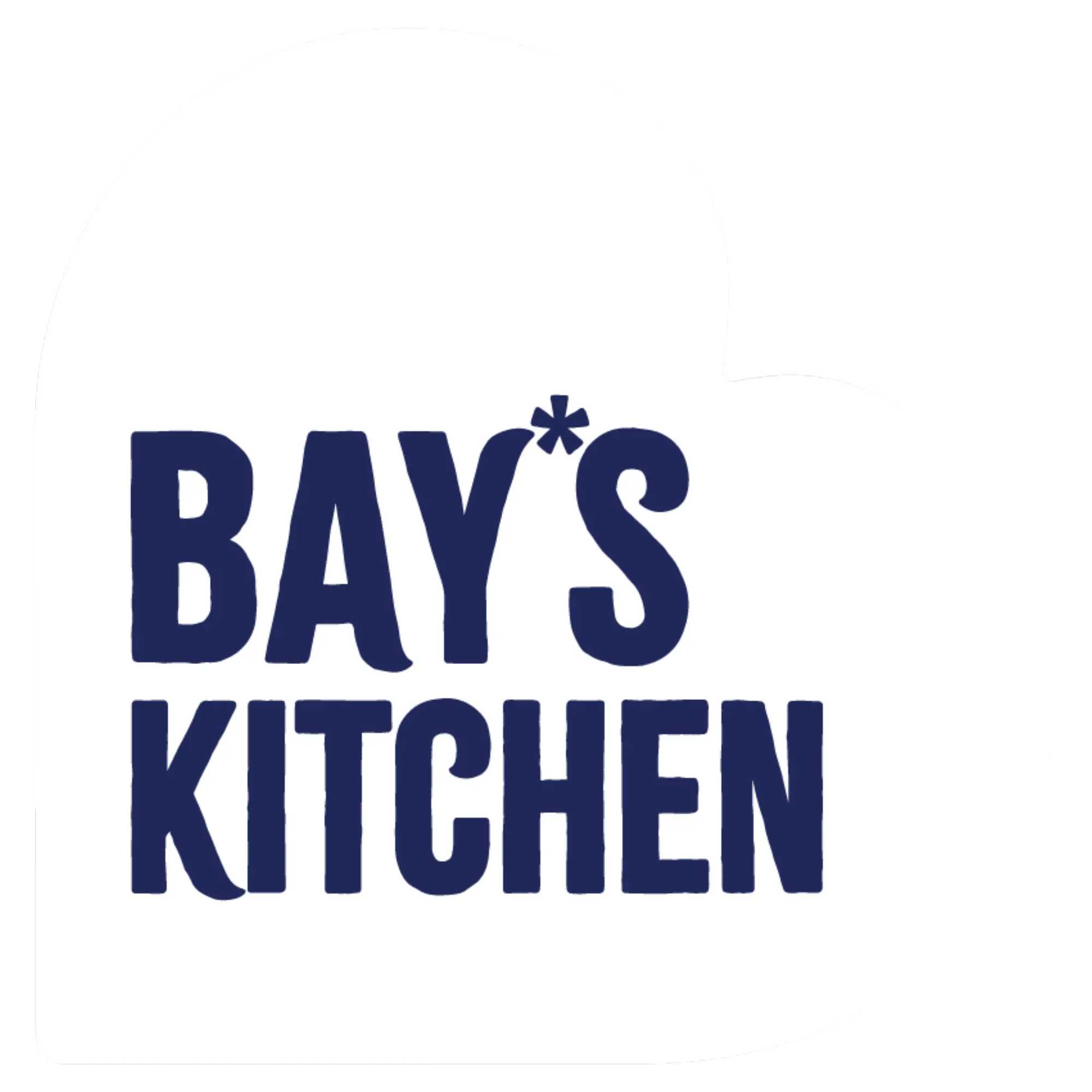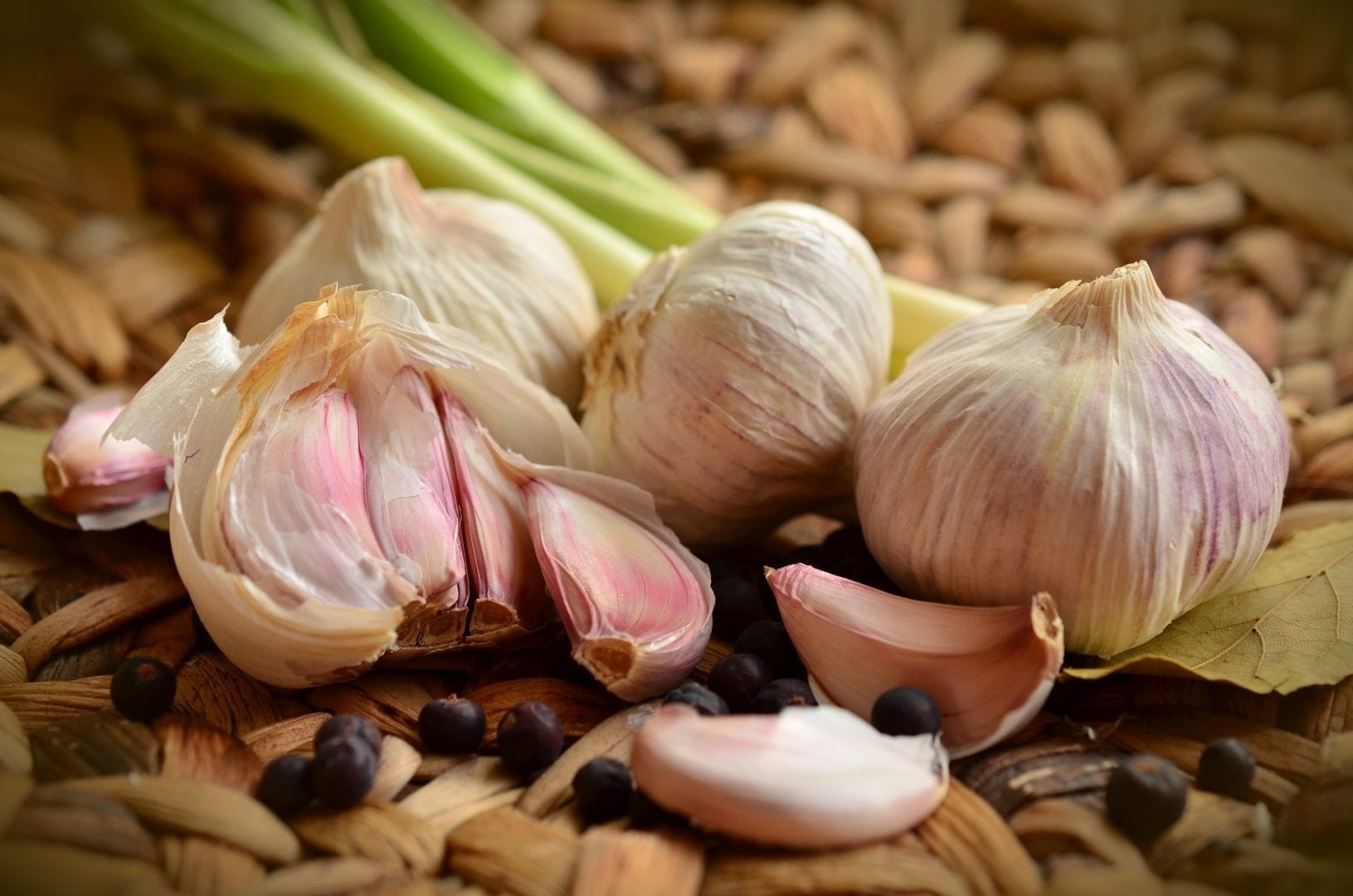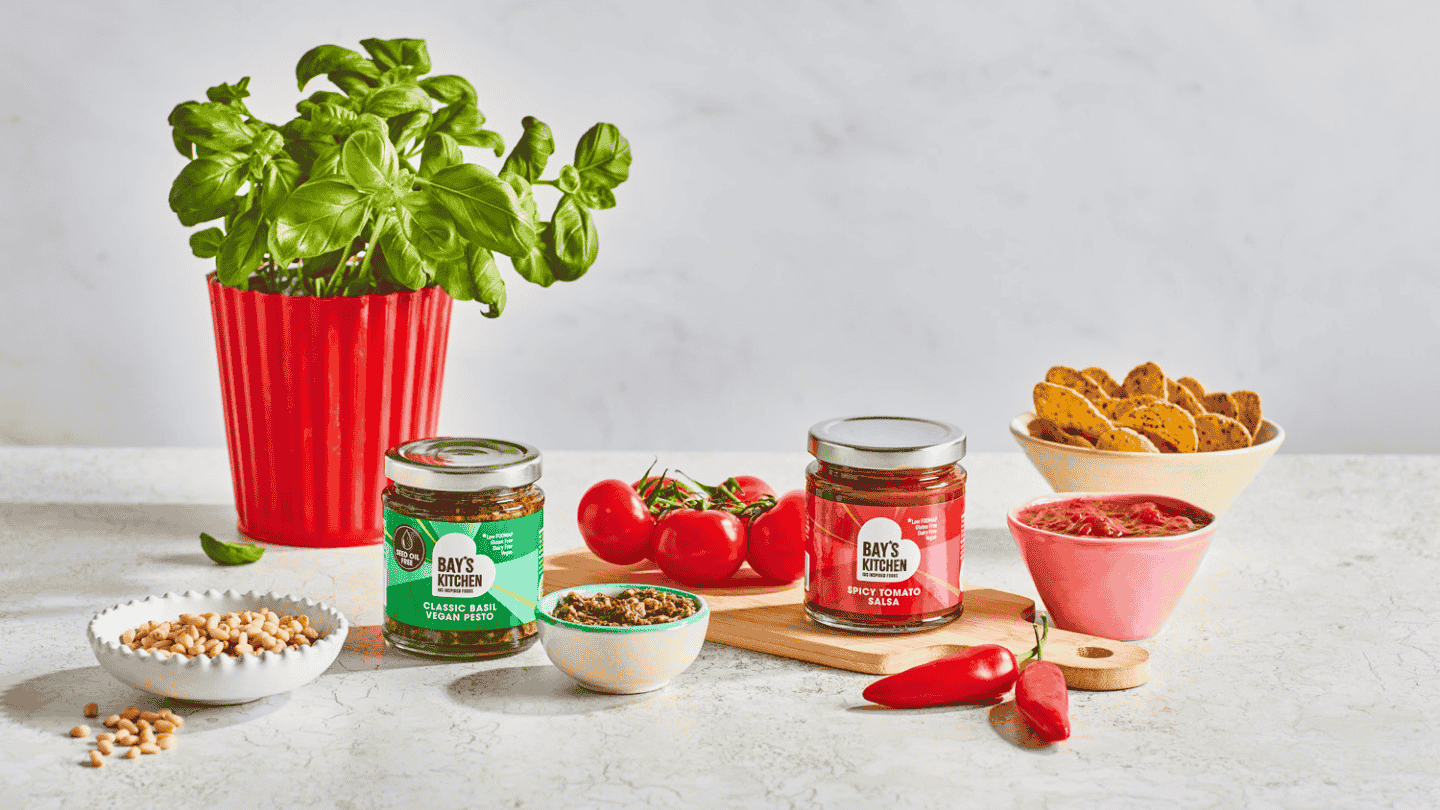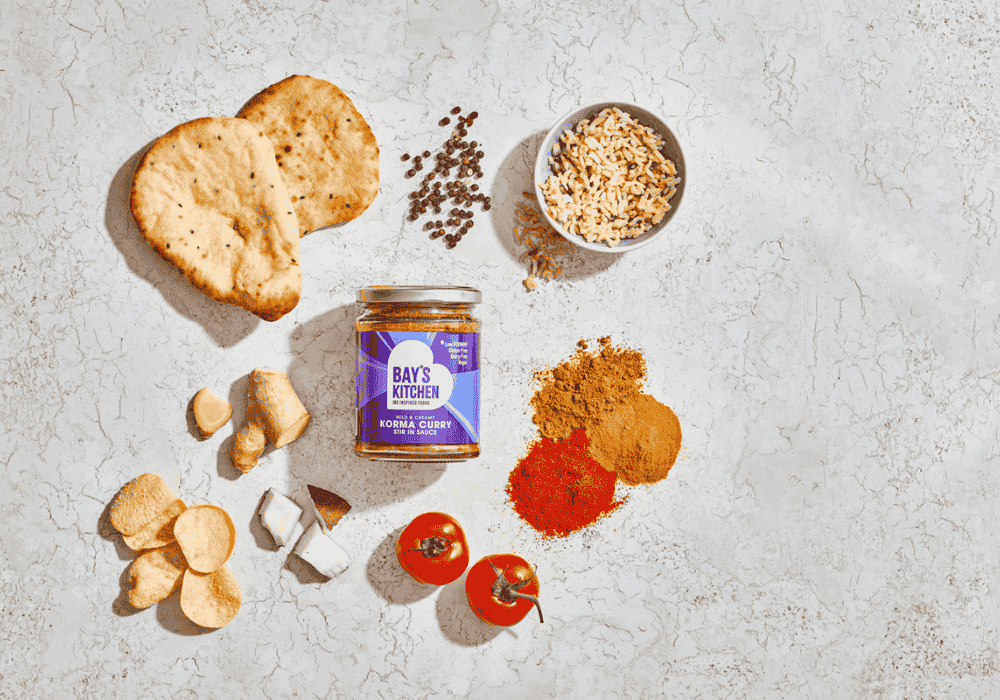Have you ever wondered what exactly Irritable Bowel Syndrome (IBS) is? Maybe you or someone close to you has been diagnosed with IBS, but the condition remains a bit of a mystery. Let's shed some light on this common digestive disorder and learn more about its symptoms, causes, and potential treatments.
An Introduction to IBS & Common Symptoms
IBS stands for Irritable Bowel Syndrome – a digestive condition nearly 1 in 5 suffer with.
IBS is a really common digestive condition which affects how the gut moves and functions, causing tummy pain, bloating and a change in bowel habits – typically diarrhoea, constipation or a mixture of both.
This can understandably make it a difficult topic to discuss openly, but no one should have to suffer in silence! Speaking openly about IBS is the first step to raising awareness, as well as finding support and effective ways to manage your symptoms.
Common symptoms of IBS can include:
- Abdominal pain or discomfort
- Bloating
- Gas
- Constipation
- Diarrhoea
- Mucus in the stool
Remember, symptoms can vary from person to person, and not everyone will experience all of these symptoms. If you suspect you might have IBS, consulting with a healthcare professional can help you get an accurate diagnosis and develop an appropriate treatment plan.
We should also acknowledge the potential mental health impact of IBS. Coping with persistent digestive issues can lead to stress, anxiety, or depression. Effectively managing your IBS is therefore important for both your physical and mental wellbeing.
Types of IBS
While each individual's experience with IBS may vary, the condition can be broadly categorised into three main subtypes based on the primary bowel habits experienced:
- IBS with constipation (IBS-C)
- IBS with diarrhoea (IBS-D)
- Mixed IBS (IBS-M)
Identifying which subtype best aligns with your symptoms can facilitate more effective communication with your healthcare provider and guide the development of a personalised treatment plan. Also, bear in mind that your IBS subtype may change over time, so we’d always recommend ongoing monitoring and consultation.
IBS with constipation (IBS-C)
IBS-C, or IBS with constipation, is a subtype of Irritable Bowel Syndrome characterised by frequent abdominal discomfort, bloating, and infrequent bowel movements. Individuals with IBS-C often experience hard, lumpy stools, the sensation of incomplete evacuation.
To manage IBS-C effectively, consider the following tips:
- Increase dietary fibre intake through low FODMAP fruits, vegetables, and whole grains.
- Maintain proper hydration by drinking plenty of water throughout the day.
- Engage in regular physical activity to promote bowel motility.
- Discuss possible medication options (such as laxatives) with your healthcare provider.
IBS with diarrhoea (IBS-D)
IBS-D, or IBS with diarrhoea, is a subtype of Irritable Bowel Syndrome marked by frequent abdominal pain, urgency, and loose, watery stools. Individuals with IBS-D often experience sudden urges to have bowel movements, which can lead to discomfort and inconvenience in daily life.
When suffering with IBS-D, consider the following strategies:
- Limit common trigger foods, such as caffeine, alcohol, fatty foods, and artificial sweeteners.
- Explore medications in consultation with your healthcare provider.
- Practice stress reduction techniques, like mindfulness or relaxation exercises, as emotional stress can exacerbate your symptoms.
- Consult a dietitian to identify potential food triggers and design a balanced meal plan tailored to your needs.
Mixed IBS (IBS-M)
IBS-M, or Mixed IBS, is a subtype of IBS involving alternating episodes of constipation and diarrhoea. Individuals with IBS-M often experience a fluctuating pattern of bowel habits, accompanied by abdominal discomfort, bloating, and urgency.
For IBS-M symptoms, the below may help:
- Keep a food diary to track potential trigger foods and identify patterns in your symptoms.
- Experiment with dietary adjustments, such as increasing soluble fibre intake or trying a low FODMAP diet, in consultation with a dietitian and your GP.
- Maintain a consistent eating schedule and avoid skipping meals to encourage regular bowel movements.
- Discuss possible medication options, such as antispasmodics or probiotics, with your healthcare provider.
Getting an IBS Diagnosis
If you suspect you may have Irritable Bowel Syndrome (IBS), obtaining an accurate diagnosis is crucial for effective symptom management and overall well-being. Typically, this involves the following steps:
- Consult your primary care physician: Share your symptoms and concerns, and inquire about the possibility of IBS. Your doctor may recommend tests to rule out other conditions with similar symptoms.
- Undergo diagnostic tests: These may include blood tests, stool tests, and possibly a colonoscopy or endoscopy to assess your digestive system's health and exclude other potential causes of your symptoms.
- Track your symptoms: Keep a symptom diary to monitor the frequency and severity of your digestive issues, which can help identify patterns and inform your treatment plan.
- Consult a gastroenterologist: If necessary, your doctor may refer you to a gastroenterologist for further evaluation and specialised care.
- Receive an official diagnosis: Once other conditions have been ruled out and your symptoms align with established diagnostic criteria, your healthcare provider will confirm an IBS diagnosis.
How Is IBS Treated?
While unfortunately there is no one-size-fits-all cure for IBS, various strategies can help manage symptoms and improve overall well-being. Treatment often requires a personalised approach that takes into account each individual's unique symptoms, triggers, and lifestyle factors. By working closely with healthcare professionals and exploring different management techniques, those affected by IBS can find relief and better understand their condition.
1. Lifestyle Modifications
It's important to emphasise that lifestyle modifications should be considered as the first line of defence when managing IBS symptoms, before starting a restrictive diet like the low FODMAP approach.
By focusing on stress management, regular exercise, adequate sleep, and alcohol moderation, individuals with IBS can establish a strong foundation for symptom relief without significantly altering their dietary habits. This holistic approach not only encourages sustainable lifestyle changes, but also reduces the risk of unnecessarily limiting food choices in the long run.
5 Steps for Managing IBS Before You Try the Low FODMAP Diet
Stress Management
Research points to the link between stress and IBS. By incorporating mindfulness techniques like deep breathing exercises, meditation, or yoga, you can significantly reduce stress and anxiety levels. Alongside this, engaging in enjoyable hobbies and activities contributes to relaxation and overall well-being. You may also want to consider whether attending therapy or counselling sessions might help to identify and manage any underlying emotional concerns that may be worsening your IBS symptoms.
Regular Exercise
Maintaining an active lifestyle and engaging in regular exercise (such as the NHS-recommended 150 minutes of moderate-intensity activity per week) helps to promote overall health and well-being. Incorporating strength training and flexibility exercises further supports a balanced fitness routine.
However, try to avoid high-intensity workouts that may exacerbate IBS symptoms and opt for low-impact exercises, like walking or swimming, to ensure a comfortable workout experience and avoid flare-ups.
Adequate Sleep
Creating a consistent sleep schedule by going to bed and waking up at the same time daily regulates the body's natural sleep-wake cycle, which can help individuals with IBS to reduce symptom severity. Establishing a calming bedtime routine and limiting exposure to blue light-emitting screens is a good idea for a peaceful and restful environment.
Alcohol Moderation
Moderate alcohol consumption is key for individuals with IBS to manage symptoms effectively. Limiting intake to one drink per day for women or two drinks per day for men can help prevent symptom flare-ups. Selecting low FODMAP alcoholic beverages, such as wine or vodka, may further minimise potential triggers. However, if alcohol consistently triggers your IBS symptoms, it might be best to consider abstaining from it altogether.
2. Dietary Approaches
Once lifestyle modifications have been implemented, dietary adjustments may be the next step in managing persistent IBS symptoms. We must stress, at this stage, to always consult with a healthcare professional or registered dietitian to determine if a specific dietary approach is appropriate for your needs.
One evidence-based option is the low FODMAP diet, developed by Monash University, which has been shown to alleviate IBS symptoms in many individuals.
The Low FODMAP Diet
The low FODMAP diet focuses on minimising the intake of foods rich in FODMAPs, which are short-chain sugars that can exacerbate IBS symptoms in some individuals. FODMAP stands for Fermentable Oligosaccharides, Disaccharides, Monosaccharides, and Polyols, which can be found in various foods such as wheat, onions, garlic, lactose-containing dairy products, beans, and certain fruits and sweeteners. By minimising these components in your diet, you may experience improved symptom control.
To learn more about the low FODMAP diet, check out our comprehensive guide here. And, for a convenient and tasty way to embrace the low FODMAP lifestyle, discover our range of flavourful, FODMAP-friendly products, which have been specifically designed to support your journey toward better digestive health and wellbeing. We also have plenty of delicious recipes that you can try.
3. Medications & Alternative Therapies
When considering medications or alternative therapies for IBS management, make sure to consult with a healthcare professional beforehand. Medication should be explored only as a last resort and not as a long-term treatment. Often, taking proactive steps to implement the above lifestyle and dietary changes can be sufficient in effectively managing IBS symptoms.
How Can I Track My IBS Symptoms?
To aid you in your IBS journey, we highly recommend incorporating the Bay's Kitchen Food & Symptom Diary into your daily routine. This useful tool allows you to track your food intake, record your symptoms, and monitor your progress throughout the low FODMAP diet journey, enabling you to identify potential triggers by keeping a detailed record of the following key areas:
- Your lifestyle - sleep, exercise, alcohol & stress
- Your diet - meals, snacks & symptoms
- Your medication & vitamins
By keeping a diary, you'll have a holistic approach to understanding the relationship between your lifestyle, diet, and medication in managing IBS symptoms. This ultimately empowers you to take control of your gut health, providing you with data driven insights to share with health care professionals.
How To Manage an IBS Flare-Up
Even with proper management techniques, occasional IBS flare-ups may still occur. Implementing self-care strategies can help you to navigate these challenging times and provide some comfort. Here are some ways to cope with IBS flare-ups:
- Rest and relaxation: Taking a nap or engaging in a calming activity can help ease stress and encourage your body to relax, potentially reducing symptoms.
- Soothing beverages: Drinking peppermint tea has been shown to alleviate abdominal pain and discomfort associated with IBS.
- Gentle exercise: Engaging in light physical activity, such as walking or stretching, may provide relief during a flare-up.
- Heat therapy: Applying a hot water bottle or heating pad to the affected area can help soothe cramping and bloating.
- Medication: Consult your healthcare provider about appropriate medications, such as antispasmodics or pain relievers, to manage acute symptoms during a flare-up.
Essential Resources for Those Suffering With IBS
As someone who has experienced the challenges of IBS firsthand, our founder, Bay, has compiled a list of valuable resources to help you navigate your journey towards better gut health. These resources are designed to support, educate, and inspire you on your path to managing IBS:
- Monash University Low FODMAP Diet App
- FODMAP Friendly
- Low FODMAP Facebook Groups
- IBS & low FODMAP Glossary
- A Little Bit Yummy - blog by Alana Scott
- She Can’t Eat What - blog & cookbook by Emma Hatcher
- Food & Symptom Diary
